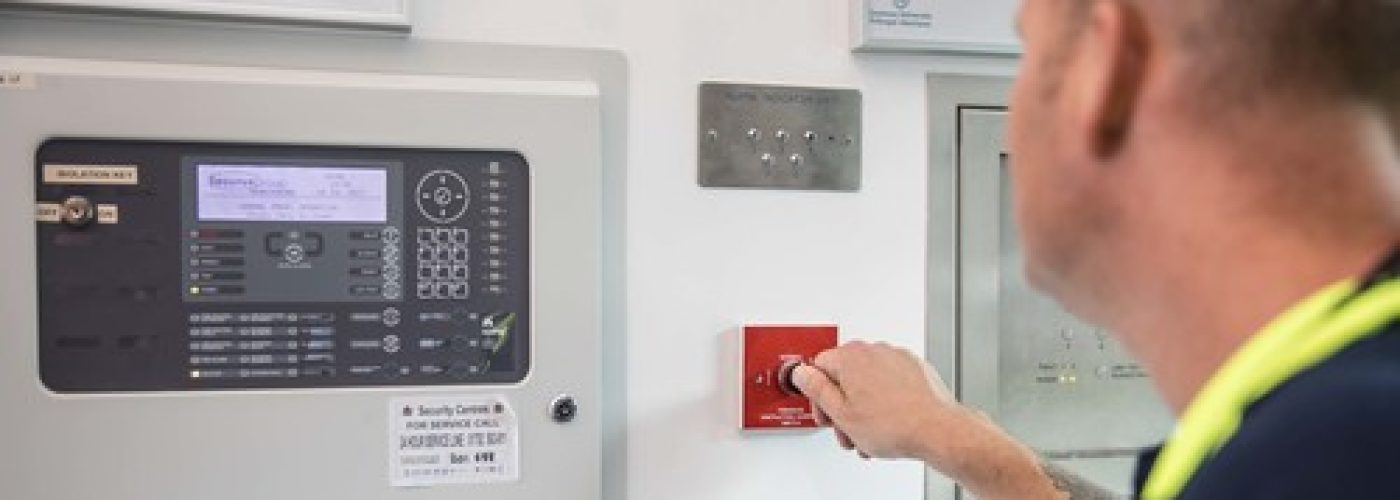The recent discovery that the smoke control system on Grenfell Tower had been inoperative for over a year before the refurbishment and that the tenant management organisation (TMO) had known about it and done nothing to mitigate the risk for the building occupants came as no surprise to those of us within the industry. In our experience, it is common for clients to leave reported defects for many months before authorising corrective action.
In their March 2020 Fire Engineering Thematic Technical Report that audited buildings with mechanical smoke ventilation systems, the London Fire Brigade found that 20% of systems inspected failed to operate which would indicate that the problem of defective smoke control provision may be widespread.
There are some common themes for high rise residential buildings that can contribute to a catastrophic system failure of the type experienced at Grenfell Tower and below we look at these and offer advice on avoiding the common pitfalls.
The availability of people on-site to complete regular tests as recommended by the Regulatory (Fire Safety) Reform Order (RRO) 2005 and safety operating instructions, details the requirement for the smoke control maintenance of life-safety systems but these can often be overlooked or not fully understood.
The weekly and monthly checks will typically be carried out by general maintenance personnel (RP), who have received basic hands-on training from the manufacturer/installer of the system. For systems maintained by a competent organisation, they will at best be tested at six-month intervals during service visits.
The reality is weekly and monthly tests are problematic, particularly for high-rise residential buildings where there is no on-site maintenance presence and as a result, the checks are frequently overlooked. This means that if a fault occurs during the period between visits, it may go undetected, and the system would remain inoperable until the next scheduled maintenance visit. Even when smoke control systems are equipped with visual and audible fault alarms, these are often ignored in residential buildings without on-site security personnel. Under this regime, there is a very real risk of system failure in an emergency.
The competence of the contractor undertaking the annual maintenance. Neither of the organisations who were responsible for the maintenance of the Grenfell project were smoke control specialists, however, this is not unusual. A fire alarm or mechanical and electrical contractor is unlikely to have an appreciation of the smoke control strategy and understanding of the products installed, but often the smoke control maintenance is bundled in with other services like fire alarm or building management. This can result in a deterioration of systems over time as minor faults go unattended. Or unnoticed.
Failure of the client to sanction rectification of defects. This may be a result of a failure to appreciate the seriousness of the system being inoperable or simply down to a lack of budget; however, it is not uncommon for reported faults to remain unattended for months, as was the case at Grenfell Tower.
The following actions are recommended to ensure compliance and safety of occupants of high-rise residential buildings.
Use a competent smoke control specialist. Ensure the smoke control system provider is accredited and has third-party certification, Group SCS would advise you choose a member of the SCA (Smoke Control Association).
Regularly carry out safety checks. In addition to the minimum annual service by the specialist provider, they must also actively encourage short-term tests of the smoke control system, offering training to site personnel and a logbook so all checks can be recorded and monitored.
Consider remote monitoring of smoke control systems where there is no onsite facility staff. We also recommend when there is no one available on-site to regularly monitor your smoke control systems, then remote monitoring is a reliable solution.
Make sure all defects are fixed. Alarmingly it is not unusual for defects in the systems not to be fixed which is often due to budget restraints. This is a false economy. If a fire breaks out in a building that is under your control and the smoke control system fails, lives are at serious risk and you could face prosecution.





